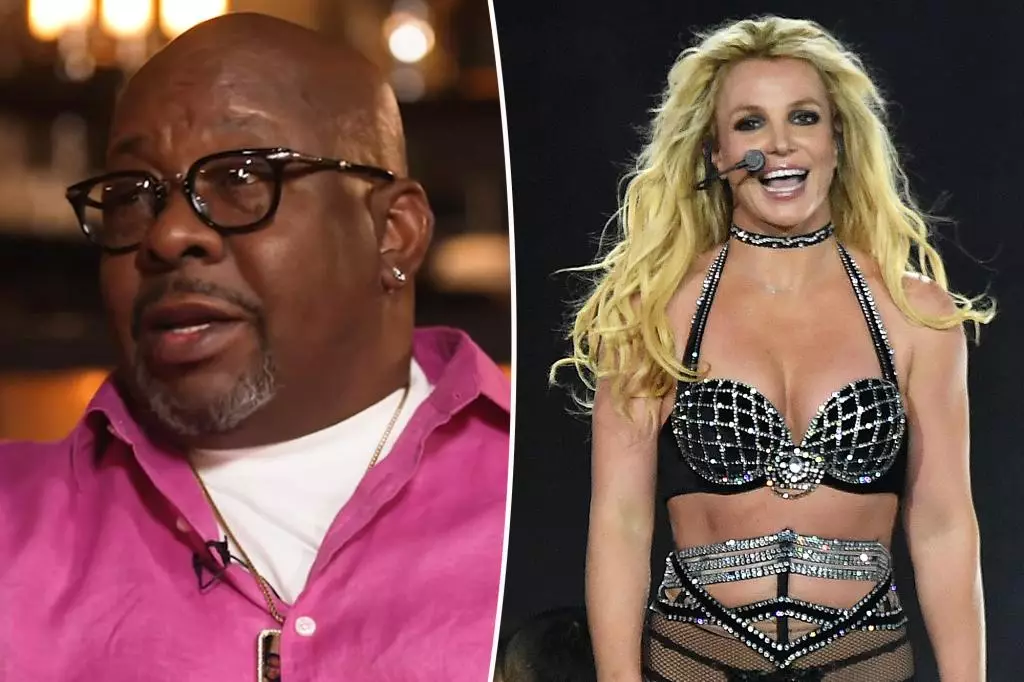Bobby Brown’s recent comments about Britney Spears’ rendition of his 1988 hit “My Prerogative” have stirred significant conversation in pop culture forums. During his appearance on the “Club Shay Shay” podcast, Brown didn’t hold back, expressing that Spears had “butchered” his original track, a rather striking assessment considering Spears’ significant fanbase and the nuances surrounding cover songs. But is this criticism a genuine artistic evaluation or a strategic move to secure his relevance in an era dominated by younger pop icons?
In the podcast exchange with Shannon Sharpe, Brown’s admission that his disappointment stemmed partially from his expectations of Spears is noteworthy. He infamously stated, “I cleared it, only because it was Britney Spears!” This raises the question of whether choosing to allow a cover was more about the celebrity status rather than the artistic merit of Spears as an artist. It speaks volumes about the industry and how legacy artists navigate these waters. Was Brown merely caught off-guard by the changes in contemporary interpretation, or was he expecting a more favorable homage to his original work?
The Shadow of Nostalgia
Brown’s comments about feeling disillusioned with modern iterations of classic songs highlight an important facet of music today: the tension between nostalgia and innovation. His reflection that “you don’t know what these kids will say these days” portrays a sense of discontent regarding the artistic direction taken by newer artists. This perspective is essential for understanding how veteran musicians often grapple with their songs being reimagined. For many, the original work embodies a specific emotional and cultural significance that might seem lost to a younger generation that approaches music differently.
Despite Brown’s reservations, fans of Britney Spears passionately defended her cover. They take to platforms like X (formerly Twitter) to challenge Brown’s critiques, suggesting that their attachment to Spears’ version is rooted in its own brand of authenticity and emotional resonance. Comments like “Britney’s version slaps though” reflect a broader generational divide in music appreciation. Perhaps it’s this very divide that fuels the ongoing conversation around what constitutes a successful cover.
The Cultural Impact of Covers
Covers can serve multiple purposes – nostalgia, reinterpretation, or even pure experimentation. Britney Spears re-recording Brown’s song at a time during her tumultuous marriage to Kevin Federline adds layers to her interpretation. It’s a piece of cultural history that many fans remember fondly, and it creates an intricate connection to the original work. This understanding of context could be lost on artists from earlier eras who may not connect with the thematic reinventions that newer artists embody.
Ultimately, this debate is emblematic of a larger conversation about legacy and the evolving nature of music. Bobby Brown’s candid remarks might have sparked backlash among Spears’ supporters, yet they underscore the complexities artists face in protecting their legacies while also embracing the fresh energy of reinterpretations. It’s a delicate balance that, in a way, defines the music industry as a whole, showing just how interconnected the past and present truly are. While Brown’s assessment may have been blunt, perhaps it also reflects a genuine desire to protect the essence of creativity that first inspired his original work.

